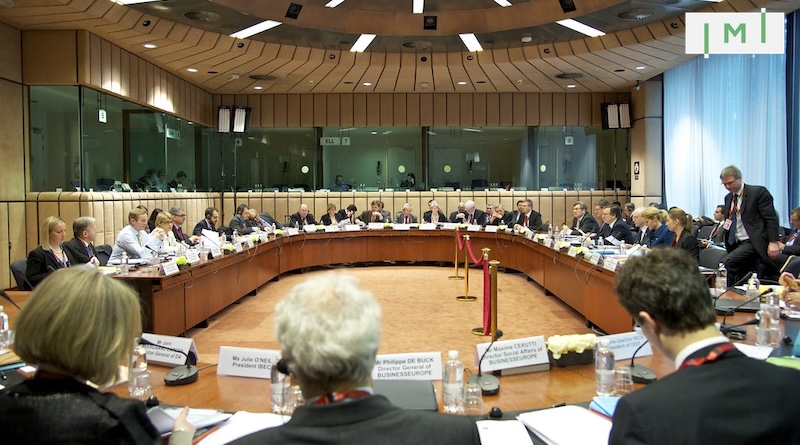EU Moves One Step Closer to Being Able to Cut Visa-Free Access for CBI Countries
In October last year, IMI reported that the European Commission had announced proposals that, if enacted, would allow it to add the operation of a citizenship-by-investment program as one of the valid grounds for suspending the visa-waver agreement between such countries and the Schengen area. This week, the Commission moved one step closer to making this a reality.
The current visa-suspension mechanism allows for the suspension of the visa-waiver agreement if the country displays:
- a substantial increase (more than 50%) in the number of people arriving irregularly from visa-free countries, including people found to be staying irregularly and persons refused entry at the border;
- a substantial increase (more than 50%) in the number of asylum applications from countries with low recognition rates (around 3-4%);
- a decline in cooperation on readmission;
- an increased risk to the security of Member States.
The Commission’s proposal in October was to add another three conditions to the list of “transgressions” that would allow for visa-waiver suspensions:
- lack of alignment of a visa-free third country with the EU’s visa policy, in cases where this may lead to increased arrivals to the EU e.g. because of this country’s geographical proximity to the EU
- the operation of an investor citizenship scheme, whereby citizenship is granted without any genuine link to the third country concerned, in exchange for pre-determined payments or investments
- hybrid threats and deficiencies in document security legislation or procedures
In a press release this week, the European Council revealed the ambassadors of the EU member states (the Committee of Permanent Representatives) have agreed on a common position on the matter, including the addition of CBI program operations as an offense that can warrant visa-suspensions.
“This new law,” said the statement, “when adopted, will boost the EU’s toolbox to counter situations when visa-free travel is being abused or works against the interests of the EU.”
What happens next?
Now that the European Council is on the same page with regard to updating the visa suspension mechanism, it can enter into negotiations with the European Parliament. If the Council and Parliament agree to a final text, both institutions will formally approve it, whereupon it would be signed into law and published in the Official Journal of the EU. It then becomes the law across the EU, independently of existing legislation in the individual member states.
Which countries would be affected?
Effectively, all countries outside of the EU/Schengen that currently enjoy visa-free travel to the zone – essentially the same as those who will soon be subject to the new ETIAS requirements – notably including all five Caribbean CBI countries.
This week’s development contrasts with the more conciliatory tone the EU reportedly took during its meetings with Caribbean CBI countries in January.


